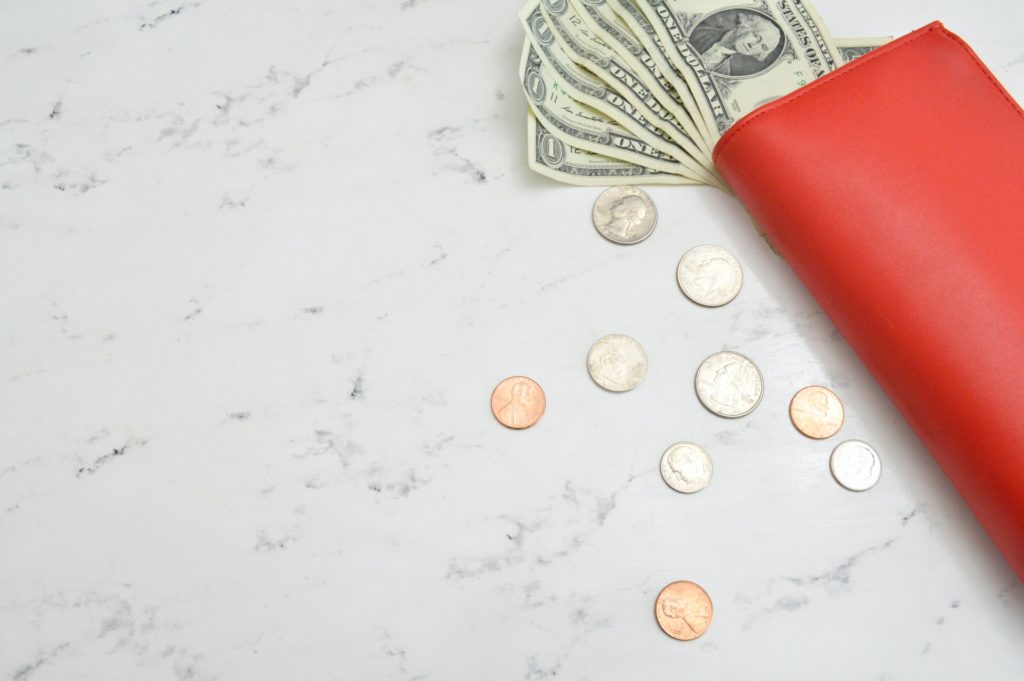Getting onto the property ladder can feel intimidating, especially for first-time buyers. It can be hard to save enough money to put down a deposit, which often makes people think they have no chance of ever owning their own property. However, that’s not always the case.
No-deposit home loans can help buyers access property even without the money to put down a deposit. Here’s all you need to know about how they work and whether you might be eligible.
How does a no-deposit loan work?

There are lots of different types of no deposit home loans that all have their own rates and terms. In essence, however, they do exactly what they sound like. They offer people loans to buy property when they can’t afford to put down a deposit on a house. You will often need a guarantor to safeguard the bank’s risk and they often come with their own terms and conditions as well. As with any loan, it’s important to read the terms and conditions fully and seek advice from a financial advisor before committing.
Different Forms of No-Deposit Loans
There is a lot that first-time buyers need to take into consideration when investing in their first property. Looking at all the different ways that no-deposit loans can work for you is just one of these things. The first option for a no-deposit loan is one for 105% of the property’s value, with a parent acting as a guarantor.
The second is 100% of the property value, using the equity in another property that you already own. You can also borrow 95% of the property’s value by using certain deposit schemes, using a gift as a deposit, or using a personal loan as a deposit. This final option is only possible for low-risk borrowers.
Who qualifies for a no-deposit loan?

Getting a loan to buy your home without a deposit might sound like a dream, but it won’t work for everyone. You will nearly always need a parent to act as a guarantor, and they should still be working, rather than retired. If you’re using the equity in another property as a guarantee, then the property needs to be in the same country and of a certain value.
Even then, approval is still subject to credit checks and some banks will accept no deposit loans on a case-by-case basis. It’s best to check your eligibility and approval probability before getting your heart too set on this path, although it can be very helpful for many.
How do I know if it’s right for me?

If you don’t have the funds for a whole deposit, this can be a great way of getting your foot in the door and buying property. Plus, you’ll have saved money that you can invest in making your new house a home. Buying new decorations can make you feel happy and more comfortable in your new property, so having some extra cash to spend can go a long way.
Depending on the property that you buy, there may also be certain repairs that you shouldn’t ignore for your own and the house’s safety. Once again, having some extra cash in your back pocket to take care of these little issues that always come with buying property can be a massive help. The last thing you want is for your real estate investment to go south immediately because you don’t have the funds to take care of basic property management tasks.
Getting a no-deposit home loan can be hugely helpful but also shouldn’t be taken on lightly. Get impartial advice from a financial advisor or property expert before committing, to make sure that it’s the right choice for your situation.











